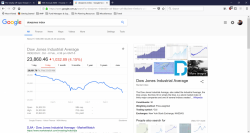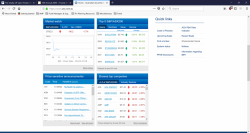For me the plan is to retire at 60 and hopefully have enough super until 76. My reasoning is I don't see myself active much past 76.
All my projections have been on 2% inflation with 2-3% return on investment. Very conservative and if return on investment is higher then obviously money will last a little longer.
How much is enough? I think what I have already is too much. I only need a moderate lifestyle and I'm wasting good years spending time in an office where as I should be spending that time on a golf course.
I also think the government's number of $80,000 is too much. I've seen way too many people work themselves to the point where they did not enjoy much of their retirement.
Keep in mind that there are minimum ages at which super can be accessed, can you access your super at 60 ?
In order for us to retire when we want to (not when the government says we have to) we have a number of investments (currently negatively geared) outside super which will provide a nice income stream when needed.















